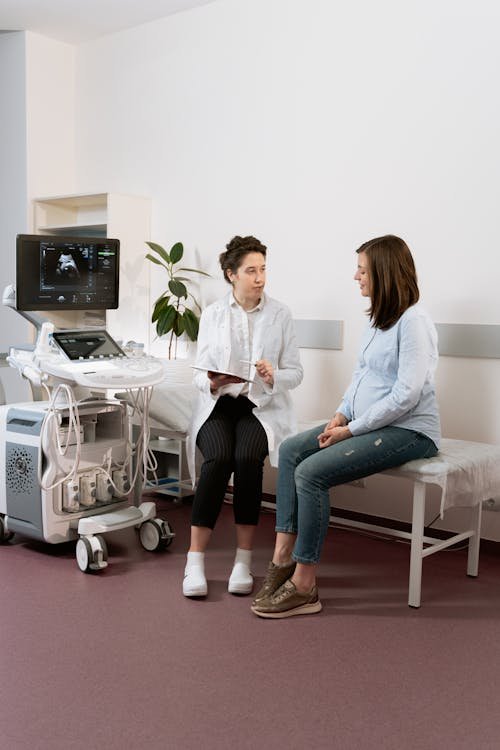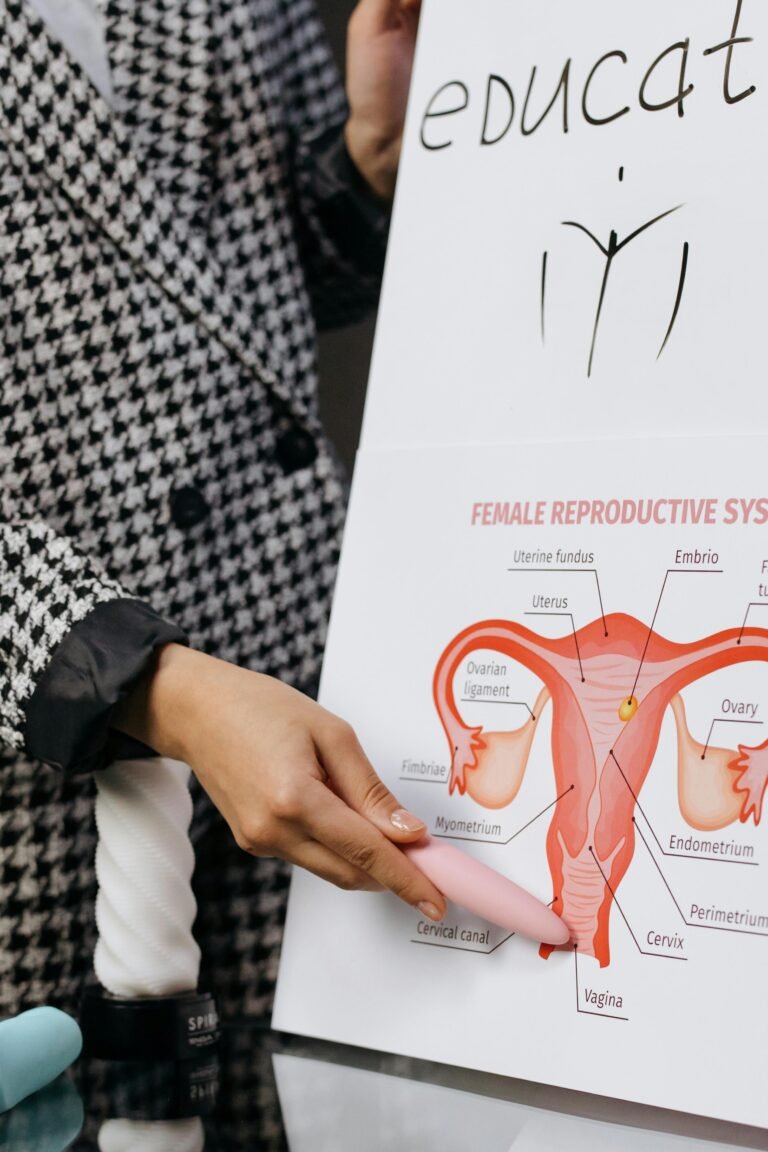Follow us and share.
General Gynecological Health: Keys to Female Well-being
Discover the importance of gynecological health, early detection of problems like cysts and fibroids, and care tips.

The Importance of Gynecological Care
Gynecological health care is essential for the overall well-being of women at all stages of their lives. Regular checkups with a gynecologist allow for early detection of potential conditions, prevention of disease, and guidance on the functioning of the reproductive system. Beyond reproductive health, proper gynecological care contributes to a better quality of life and the prevention of long-term complications.
Regular medical checkups, understanding your body, and being aware of any changes are fundamental pillars for optimal gynecological health. In this article, we discuss the importance of routine exams, early detection of gynecological problems, and education about female reproductive care.
Importance of Regular Visits to the Gynecologist and Routine Examinations
Regular visits to the gynecologist allow for early detection of diseases and proper monitoring of reproductive health. It is recommended that women see a specialist at least once a year, even if they are not experiencing symptoms.
📌 Key gynecological exams:
- Pap smear: Detects changes in cervical cells that may indicate the presence of human papillomavirus (HPV) or the risk of cervical cancer.
- Mammography: Essential for the early detection of breast cancer, especially in women over 40 or with a family history.
- Pelvic ultrasound: It evaluates the structure of the reproductive organs, allowing the identification of cysts, fibroids or other anomalies.
- Colposcopy: Complementary examination to the Pap smear when cellular alterations are detected in the cervix.
📌 Benefits of regular gynecological checkups:
- Prevention and early detection of gynecological diseases.
- Reproductive health monitoring and contraceptive counseling.
- Control of hormonal changes and symptoms associated with menopause.
American College of Obstetricians and Gynecologists (ACOG) – Guide to gynecological health and preventive checkups.
Early Detection of Common Gynecological Problems
There are various gynecological conditions that can affect a woman's health and quality of life. Early detection and prompt treatment can prevent serious complications.
📌 Common gynecological problems:
- Ovarian cysts: Formations in the ovaries that may be benign, but in some cases can cause pain or affect fertility.
- Uterine fibroids: Non-cancerous tumors in the uterus that can cause heavy bleeding and pelvic discomfort.
- Endometriosis: Abnormal growth of endometrial tissue outside the uterus, causing severe pain and affecting fertility.
- Polycystic ovary syndrome (PCOS): Hormonal disorder that can cause menstrual irregularities, acne, and difficulty conceiving.
- Gynecological infections: Such as candidiasis, bacterial vaginosis or sexually transmitted infections (STIs), which require timely diagnosis and treatment.
📌 Warning symptoms that require a gynecological consultation:
- Irregular or excessive menstrual bleeding.
- Persistent pelvic pain or pain during sexual intercourse.
- Abnormal or foul-smelling vaginal discharge.
- Changes in your breasts, such as lumps or unusual discharge.
World Health Organization (WHO) – Information on reproductive health and prevention of gynecological diseases.
Education about Female Anatomy and How to Care for It
Understanding how the body works is key to gynecological health. Proper education in this area allows women to identify changes and adopt preventive habits.
📌 Key aspects of gynecological anatomy:
- Internal reproductive organs: Uterus, ovaries, fallopian tubes and vagina, essential for reproduction and hormonal balance.
- External organs: Vulva and clitoris, essential for sexual function and protection of the reproductive system.
- Vaginal microbiota: A set of beneficial bacteria that protect against infections and maintain vaginal pH balance.
📌 Tips for proper gynecological care:
- Maintain proper intimate hygiene without irritating products.
- Wear cotton underwear and avoid tight clothing.
- Maintain safe sex and consult a gynecologist if you experience any abnormal symptoms.
- Avoid using vaginal douches, as they can alter the natural microbiota.
- Adopt a healthy lifestyle with a balanced diet and regular exercise.
📌 Importance of sex education:
- Promotes disease prevention and self-care.
- Helps demystify taboos about gynecological health.
- It enables informed decision-making about contraception and sexual well-being.
Planned Parenthood – Resources on sexual education and gynecological health.
Conclusion
Gynecological health is an essential aspect of women's well-being. Regular checkups, knowledge of anatomy, and disease prevention through healthy habits are fundamental steps for a full and healthy life. Education and prevention are the best tools for gynecological care.
🌟 Advice: Don't wait until you have symptoms to see your gynecologist. Regular checkups can make a difference in preventing and detecting diseases early. Get informed and take care of your intimate health.



